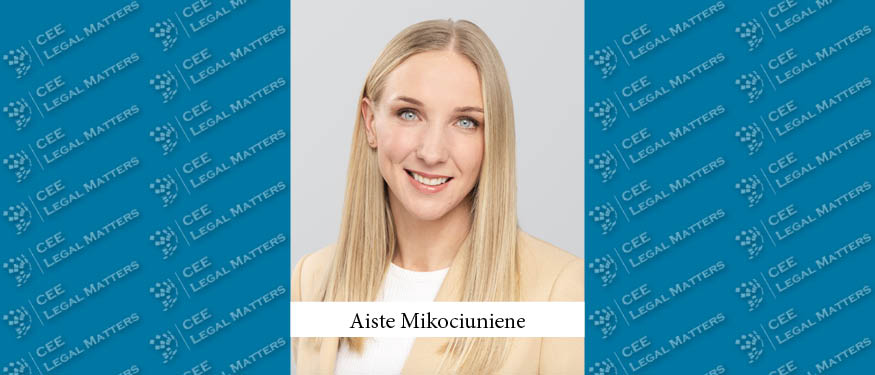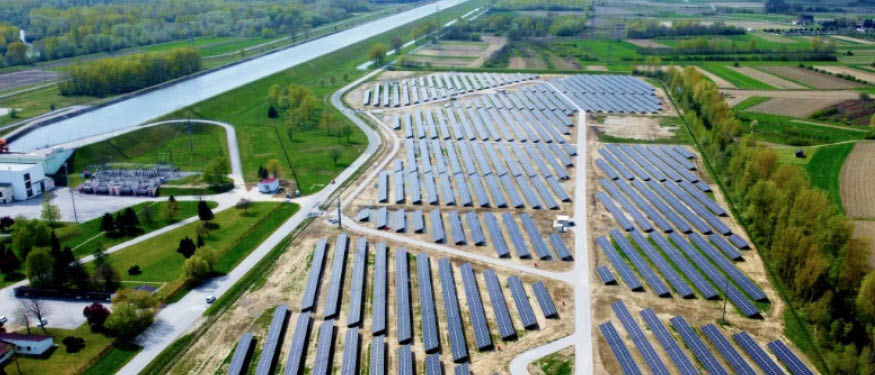Sweeping tax reform, corporate governance, and procurement regulation updates have been the main legislative developments in Lithuania this year, according to Widen Partner Aiste Mikociuniene. While some of the changes bring modernization and new incentives, Mikociuniene warns that increased burdens and uncertainties could weigh heavily on businesses and legal professionals alike.
“The biggest development this year has been the adoption of the tax reform package, which was passed by Parliament in June,” Mikociuniene begins. “It had been debated for a long time, both politically and publicly, and was framed by the government as a strong tax overhaul initiative. With a centre-left coalition led by Social Democrats currently in power, the government’s stated goals were to improve tax fairness and strengthen defense funding. However, reactions to the package have been mixed, ranging from cautious support to strong criticism, especially from the business community,” Mikociuniene explains.
Focusing on some of the main elements of the reform, Mikociuniene says that “while the reform includes some modernizing features, such as progressive tax brackets on total income and certain incentives for SMEs, many stakeholders, including businesses, economists, and tax practitioners, have expressed concerns about its long-term implications and the potential loss of competitiveness.” She reports that there was a shift to a progressive personal income tax model, introducing three income-based brackets of 20%, 25%, and 32%. The corporate income tax rate has also increased from 16% to 17%.
“Then there’s the real estate tax overhaul,” Mikociuniene continues. “Previously symbolic and broadly applied, it will now be more targeted, primarily affecting secondary properties and high-value primary residences. Although this tax was never a major contributor to the national budget, it did touch most citizens in some way. Now, with numerous exemptions introduced, it risks reducing overall revenue and concentrating the burden on a smaller group of large real estate owners,” she explains. “Additionally, VAT rates have gone up in sectors like transport, tourism, and culture. The government also removed the incentive VAT rate for heating and firewood and introduced a new “sugar tax” on soft drinks, calculated based on sugar content.” Finally, Mikociuniene mentions that there were some additional exemptions granted, such as those for farmers, even though there was no clear legal rationale for them, following certain pressures during the legislative process.
Beyond the tax reform, Mikociuniene mentions a recently adopted Law on Joint Stock Companies, which affects the majority of corporate entities in Lithuania. “Passed in June 2025, it will take effect on July 1, 2026. The law introduces important changes in corporate governance and shareholder rights. For example, it legislates redeemable shares, formalizes rules for preferred shares, removes the ban on company-financed share acquisition, and transfers some decision-making powers from shareholders to company management while also changing how shareholder meetings are structured,” Mikociuniene outlines. While these shifts could improve efficiency, Mikociuniene feels that they also come with transparency risks, especially if the practical application falls short. “We haven’t yet seen a flood of client queries, but we expect interest to pick up as the effective date approaches.”
Finally, looking at additional legislative updates likely to come to the fore as the year moves on, Mikociuniene mentions that “there’s a significant waste management and environmental reform package in the pipeline, likely to be debated in Parliament this fall after the summer break. The government is aiming to fulfil the EU Green Deal ambition for climate neutrality by 2050, which includes cutting greenhouse gas emissions, boosting renewable energy, and promoting a circular economy. New obligations on waste management and extended producer responsibility are also expected. For example, producers and importers will not only pay for the sorted packaging waste management, but also the packaging waste stream which was not sorted properly by inhabitants and was found in municipal waste containers.” Mikociuniene acknowledges that these are important goals, but feels the real challenge will be implementing them effectively without overwhelming businesses. “Additionally, a public procurement reform is underway. The Ministry has prepared draft laws foreseeing numerous amendments intended to promote social responsibility, simplify procedures, and reduce administrative burdens. While these could bring much-needed efficiency, they may also raise transparency concerns, so finding the right balance will be crucial,” Mikociuniene explains.

























